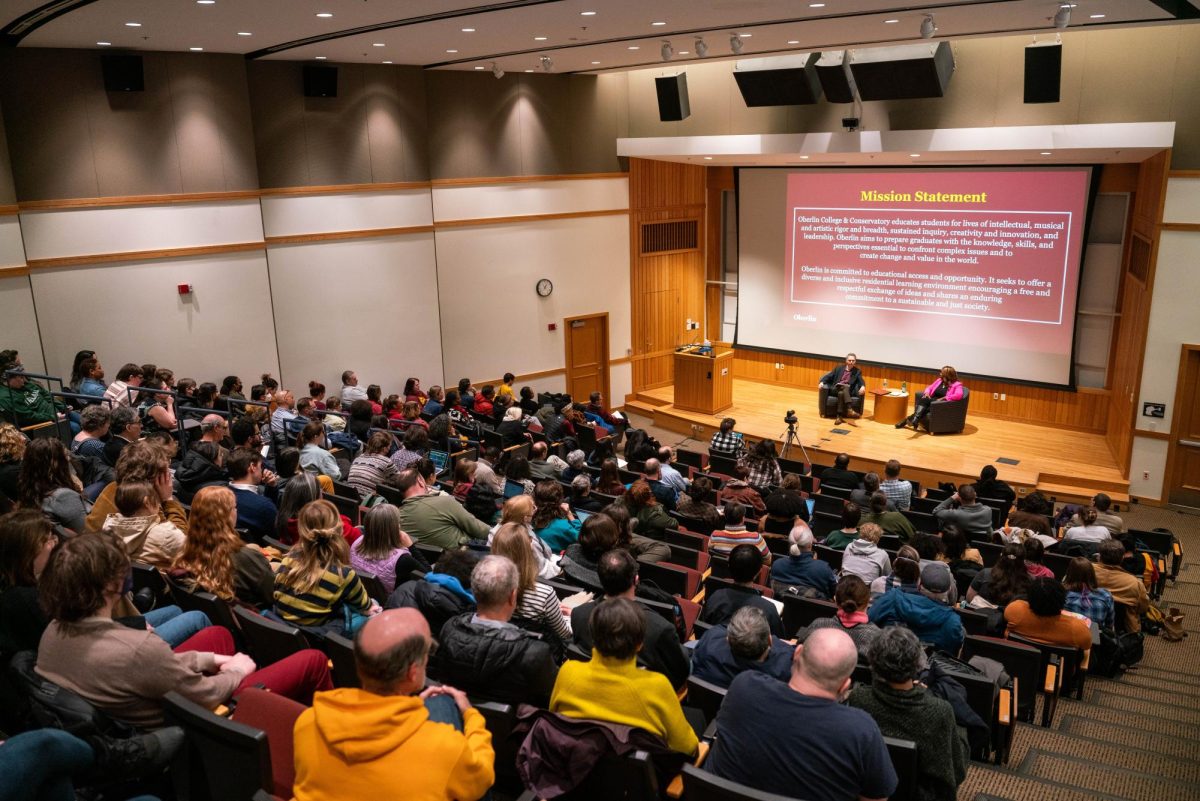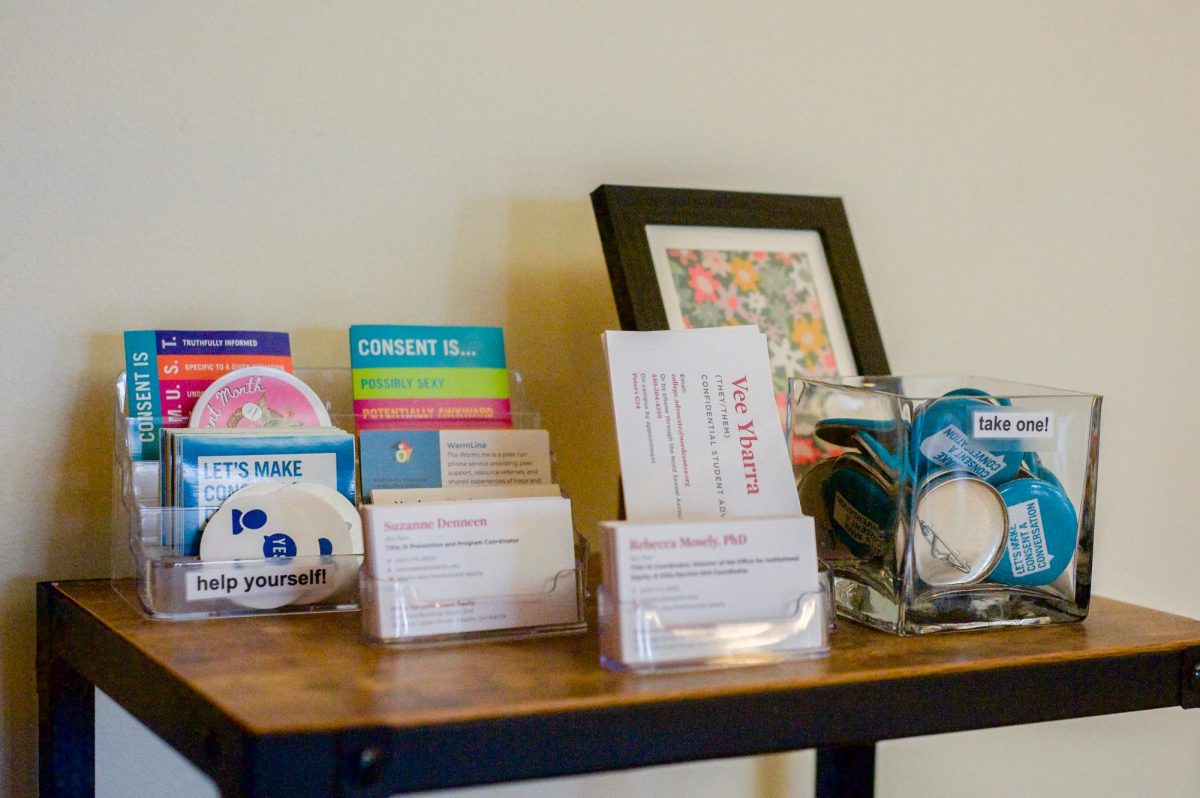College Faces Financial, Ethical Dilemma
September 13, 2013
In light of the College’s recently assigned “negative outlook” by preeminent credit rating agency Moody’s, it is unclear if it will be able to respond in full — or at all — to renewed student concerns regarding its ethically questionable capital investments and the termination of a need-blind admission policy.
According to Inside Higher Ed, Oberlin is in the company of other elite liberal arts colleges that have failed to fully rebound from the 2008 economic downturn. Generally, the revenue for these colleges is generated through tuition, donations and endowment growth. The article also notes that Oberlin has seen a considerable decline in its endowment and has increasingly leveraged its balance sheet to finance operations.
Despite the negative outlook, the College held onto its strong Aa2 credit rating and isn’t in any immediate financial trouble. But to stay in the black, Oberlin must rely on its fundraising capabilities and lucrative investing tactics — the latter seen as problematic by several campus groups.
Moreover, this puts direct pressure on the College to continue to rely on student tuition as a primary source of revenue. In an interview with Inside Higher Ed, Ronald Watts, Oberlin’s vice president of finance, said, “It’s like a car dealership being sales-of-car dependent… I mean, it’s our industry, what do you want us to do?”
This puts the College’s financial solvency in direct conflict with valid student concerns about the re-implementation of a need-blind admittance policy, the current lack of economic diversity among students — particularly within the College of Arts and Sciences — and capital investments that various student organizations have deemed unethical for one reason or another.
In 2005, the Board of Trustees unanimously passed the The Oberlin College Strategic Plan, which outlines the College’s goal of “realiz[ing] more net tuition revenue per student.” The implication of this policy is that the College must decrease the number of matriculating students in need of financial aid, while admitting students whose families are able to commit upwards of $200,000 for their child’s education.
Last semester, Student Senate adopted a resolution proposed by Students for a Free Palestine, calling for the College’s divestment in companies tied to Israel. The proposal specifically criticizes the College’s lack of transparency regarding its investments, insinuating that as as indirect financiers of the conflict, the College is a “complicit third party” to any human rights abuses that occur in the region.
Various other student projects — such as Socially Responsible Investment, the Responsible Investing Organization and Obie Leaks — have pressured the College to be more transparent in its capital investments and stock portfolio.
The College must now navigate between pressing ethical and financial concerns. Though the morality of divestment is framed as a black-and-white issue by some student groups who see the College as dismissing its acclaimed progressive values for the sake of mon- etary gain, the financial report exposes a gray area. Perhaps the College could remain true to its progressive commitments — and better articulate its conundrum — if it increased transparency to provide students with a clearer context for the College’s position. But until this happens, frustrated student activists will remain at a standstill with cash-strapped administrators, neither side fully privy to all relevant information.






















